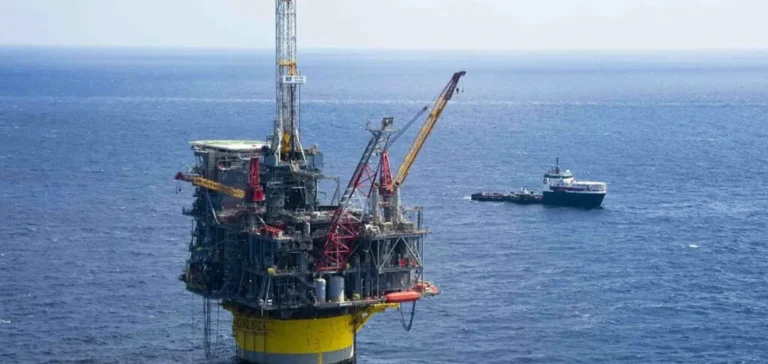The New Zealand Parliament has voted to lift the ban on offshore gas and oil exploration, a measure imposed in 2018 by the former government led by Jacinda Ardern. The decision once again opens maritime territory to oil and gas exploration as the sector faces growing tensions over the country’s energy supply. The bill was approved by 68 votes to 54 in a context of intense debate on the national energy future.
An economic choice amid winter energy risks
The Minister of Energy and Natural Resources, Shane Jones, presented the new legislation as a necessary response to the fragility of energy supply, citing increased blackout risks highlighted by state-owned company Transpower. He stated that the previous ban led to a fall in investment in the gas sector and worsened supply challenges, especially during winter peaks. According to him, “the 2018 exploration ban, which was a failure, exacerbated shortages in our national gas supply by destroying new investment”.
New Zealand has seen energy prices rise by over 10% since the introduction of this ban, even as national electricity consumption has decreased. Solar and wind energy production capacities are increasing, but the pace is considered insufficient by sector actors to offset the decline in domestic gas supply.
Political reactions and long-term perspectives
All opposition parties voted against the law, with several representatives expressing strong criticism of the new direction. Steve Abel, a member of the Green Party, condemned the move as a step backwards and an “archaic” choice, recalling that New Zealand had gained international recognition for its climate commitment after the ban was introduced. The government indicated that the time lag between exploration authorisation and the arrival of new volumes of gas or oil could reach a decade.
In 2018, Shane Jones himself was in the government that enacted the ban, but he now supports a reorientation aimed at maintaining national economic competitiveness and security. According to Transpower, the country’s energy needs are expected to continue rising, while renewable infrastructure does not yet meet demand during seasonal peaks.
An environmental image challenged by energy reality
The decision by Parliament marks a turning point for a country long regarded as a model for environmental protection. Since the end of Jacinda Ardern’s term, the energy landscape has been marked by grid tensions and the government’s drive to attract new investors to restart exploration. The prospect of reviving offshore exploration is accompanied by uncertainties over long-term sectoral impacts, as the transition to renewable energy remains slow.
The government is counting on the new legislation to spark operator interest, hoping to strengthen supply security and price stability in the coming years.






















